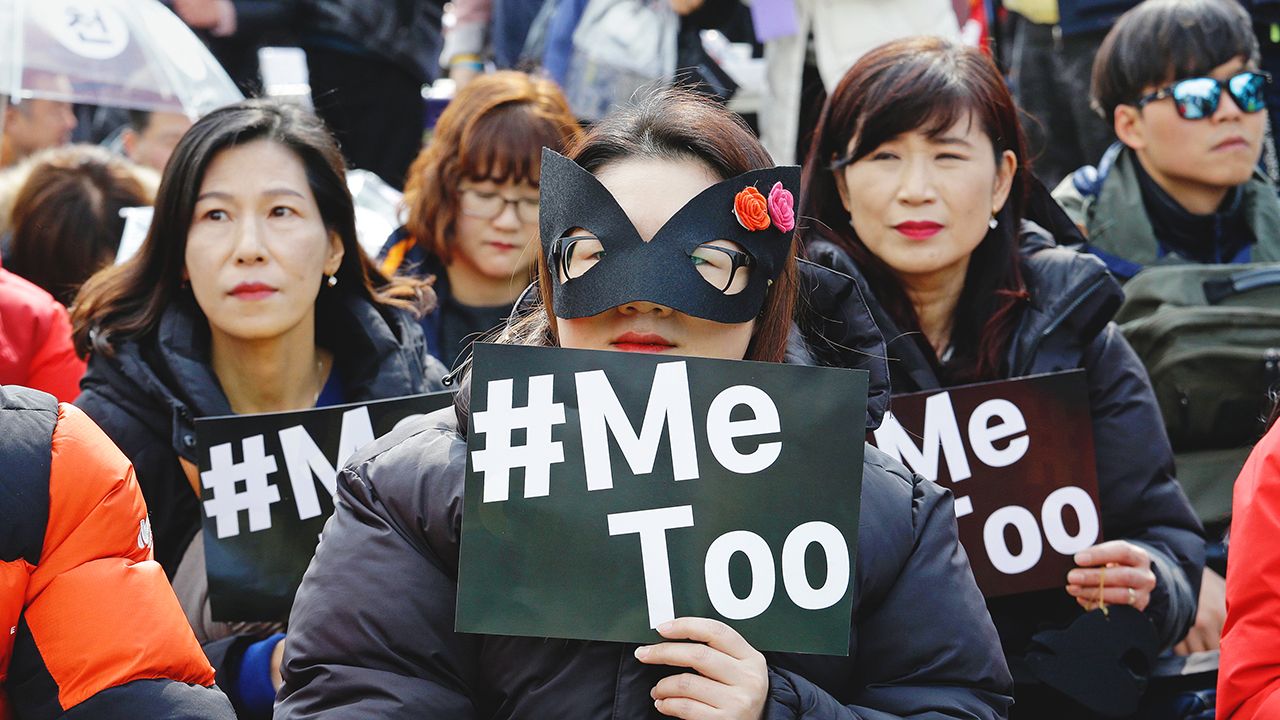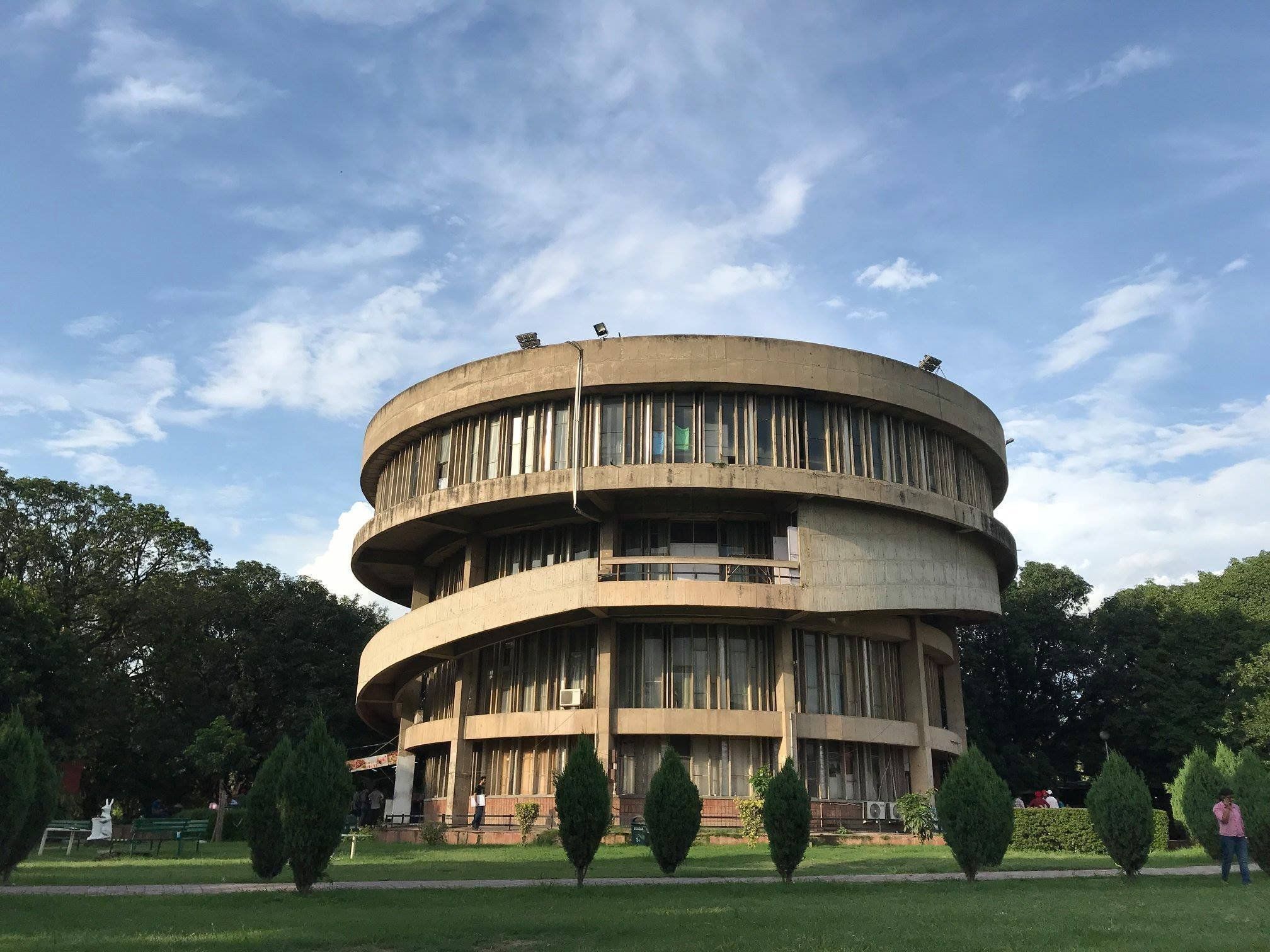Two days ago, fresh news reports of the resignation of the complainant who filed a sexual harassment case against Director-General of TERI (The Energy & Resources Institute) came out. It might seem surprising to some people, however, the TERI sexual harassment case is a reflection of the state of sexual harassment cases in our country. Especially when the accused holds a high enough position, organizations side with the individual.
When you follow the TERI sexual harssament case closely, you will realize that the organization has constantly been siding with the accused while the complainant was shunned. She found it very difficult to continue work and eventually put in her papers. We tried to trace the timeline of the case here.
1. It all started in the month of February 2015, when a research analyst filed a police complaint with the Delhi police against Director-General, Pachauri for sexual harassment. The 33 page complaint includes several instances of harassment including unwanted Whatsapp messages, emails and physical advances. Pachauri conveniently said that his computer was hacked!
2. Quickly following this complaint, another woman came forward to talk about how she was harassed by Pachauri 10 years ago. She wrote everything in a letter, which said, “I and many other female colleagues who have worked at the same work place as the woman have at some point in their life faced sexual harassment at the hands of this man.” Apparently, she brought up her complaint with the administrative head at that point in time, who ignored it and said that she might have “mis-read his warmth.“
3. Immediately after the complaint became public, Harvard University withdrew its invitation to Pachauri for the India Conference.
4. Though the courts gave Pachauri a month’s time before the police could arrest him, he was asked not to leave the country and to not enter TERI premises. Consequently, Pachauri, who was the chairman of Intergovernmental Panel on Climate Change (IPCC) since 2002 resigned from the position.
5. Women’s groups demanded that Pachauri be suspended from the position of TERI chief. They rightly mentioned that he should not be given the “extraordinary benefit” of going on leave.
6. In the month of March, the Delhi police appealed to courts that they remove the stay on Pachauri’s arrest since he was “influencing witnesses” and “hampering investigations.” However, a local court rejected this plea and continued to allow Pachauri to remain out of jail.
7. In April, the complainant (the researcher who filed the sexual harassment complaint) wrote a letter to the governing council of TERI inquiring about the inaction towards Pachauri. He had still not been suspended from his position as TERI chief and she was concerned about her well being at workplace.
8. Apparently, within the TERI intranet, there was an open forum of conversation related to this issue, where everyone had the liberty to make any comments related to the case. The complainant said in the letter, “it is (the online chain of conversation) serving as a platform to encourage comments and debates for making demoralising and derogatory statements against the entire legal process as well as someone like me who chose to stand up to the grave misconduct at the work place.”
9. Pachauri, who is still leading a very normal life, moved the courts to allow him to travel abroad in the month of April. He wanted to attend a conference in Greece. But, the Delhi High Court denied him permission.
10. In May, Pachauri filed a plea with the court asking for permission to enter the TERI premises. The court deferred the decision. However, in June he was granted permission to travel to the USA.
11. Despite continued pleas by the complainant and Delhi police specifying tampering of evidence and influencing witnesses, the courts allowed Pachauri access to all TERI offices except the Delhi headquarters and the Gurgaon branch.
12. Pachauri was welcomed back with garlands and flowers at TERI. However, within the next few days, he stepped down as the director-general and a new chief was announced. But, there were doubts about whether the replacement had anything to do with the sexual harassment case, or if it was plain procedure.
13. The complainant came forward and expressed severe anguish at the state of affairs. She mentioned how she was shunned at her office and eventually had to get a transfer to a department outside the headquarters. She wrote, “Different rules apply for the rich and famous. I do not have the money to hire PR firms while the other side has changed three PR firms. Being ‘neutral’ had a new meaning. It meant for the organisation to side with its Director General. It meant intimidating the ICC.“
14. Despite Pachauri’s removal, the woes of the survivor did not end. In August, she wrote a letter to the Prime Minister urging him to intervene since she was apprehensive about the fairness of the investigation. She mentioned that The Energy And Resources Institute (TERI) wasn’t cooperating with the police to “deliberately help the accused.” In the meantime, Pachauri was allowed to go on yet another trip abroad.
15. In September, Ranjana Saikia, the head of TERI’s Internal Complaints Committee who headed the 3-member panel which found Pachauri guilty of sexual harassment resigned and did not offer any reason for her resignation. And Pachauri makes yet another trip abroad for a climate change conference.
16. In October, a news report came out which made the story even murkier. Though Pachauri was replaced by another Director-General, he apparently continued in the same position. Even if he did step down, he would continue to serve in the board. He was apparently awaiting his termination letter.
17. The complainant appealed to the courts to remove her name from the proceedings and also asked for an early hearing of the issue. Though her name was removed, the court declined her request for an early hearing. Pachauri was given permission to go to another climate change conference outside of the country.
18. Just a few days ago, the complainant resigned from her position. In her resignation letter, she mentioned that the organization treated her in the worst possible manner and harmed her mentally, professionally and economically.
Featured Image Credit: IndiaToday.in



